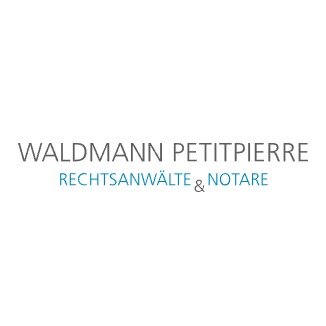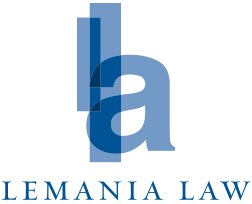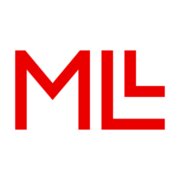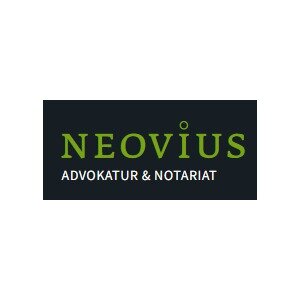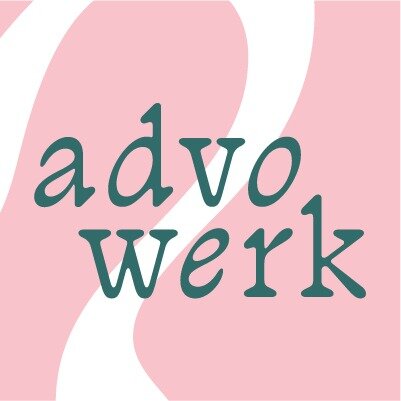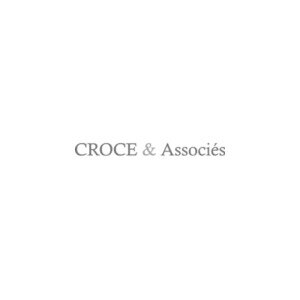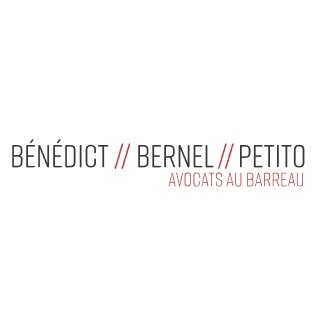Best Trademark Lawyers in Switzerland
Share your needs with us, get contacted by law firms.
Free. Takes 2 min.
Or refine your search by selecting a city:
List of the best lawyers in Switzerland
About Trademark Law in Switzerland
The Swiss trademark law is designed to protect the brands and logos that distinguish goods and services offered by individuals or businesses. A trademark in Switzerland can be a word, logo, three-dimensional shape, or a combination of these. The Swiss Federal Institute of Intellectual Property (IPI) is the regulatory body responsible for the registration and protection of trademarks. Trademarks are pivotal for creating brand identity and securing your business’s market presence. Registration grants the trademark owner exclusive rights to the trademark, enabling them to prevent others from using similar signs that might cause confusion.
Why You May Need a Lawyer
There are numerous situations that may necessitate the need for a lawyer specialized in trademark law. These include the registration process, where understanding the intricacies and ensuring compliance with legal requirements is essential. Additionally, if you encounter a trademark infringement or receive a cease and desist notice, legal advice can be crucial in defending your rights. Moreover, lawyers can assist with licensing agreements, ensuring you maximize the value of your trademark. Lawyers can also provide guidance during international expansions, making sure your brand is protected across different territories.
Local Laws Overview
Swiss trademark law is governed by the Trademark Protection Act and the associated ordinances. Key aspects of the law include the requirement that a trademark must be distinctive and must not mislead or violate public order. The protection lasts for ten years and can be renewed indefinitely. Swiss law also provides protection for unregistered trademarks if they have a reputation within the relevant market. It is crucial to monitor and enforce your trademark rights actively in order to avoid dilution or unauthorized use by others.
Frequently Asked Questions
What is the process to register a trademark in Switzerland?
To register a trademark, an application must be submitted to the Swiss Federal Institute of Intellectual Property (IPI) along with the necessary documents and fees. The application undergoes an examination for compliance with formal requirements.
How long does it take to register a trademark?
The process typically takes around four to six months, depending on the complexities involved and any potential objections raised during examination.
Can foreign trademarks be protected in Switzerland?
Yes, foreign applicants can register a trademark in Switzerland. They may also extend protection to Switzerland via the international Madrid Protocol.
What constitutes trademark infringement in Switzerland?
Infringement occurs when a third party uses an identical or similar trademark without permission in a way that could confuse consumers about the source of goods or services.
What should I do if my trademark is infringed?
If you suspect infringement, it is advisable to consult with a legal professional. They can help you take legal action such as sending a cease and desist letter or filing a lawsuit.
Is it possible to lose a trademark?
Yes, a trademark can be revoked if it is not used for a consecutive period of five years after registration. Lack of distinctive character can also be grounds for invalidation.
What are official fees for trademark registration?
The fees vary based on the number of classes of goods and services included in the application. The initial application fee for one class is CHF 550.
Can I register a sound or smell as a trademark?
Currently, only visually perceptible trademarks can be registered in Switzerland, so sound and smell marks are not protectable under the current legal framework.
What are the renewal procedures for a Swiss trademark?
Trademarks can be renewed every ten years by paying the renewal fee to the IPI. Timely renewal is necessary to maintain trademark protection.
How are trademark disputes resolved?
Disputes can be resolved through negotiation, mediation, or litigation. Consulting a legal expert can help guide you through the appropriate dispute resolution mechanism.
Additional Resources
For further assistance, you may contact the Swiss Federal Institute of Intellectual Property (IPI). Professional legal advice can be obtained from law firms specializing in intellectual property. The World Intellectual Property Organization (WIPO) also offers information regarding international trademark processes.
Next Steps
If you require legal assistance with trademarks, begin by identifying a reputable trademark attorney or law firm. Gathering all necessary documentation related to your trademark or associated dispute will be beneficial. Engaging in a consultation will help determine the best course of action tailored to your individual needs.
Lawzana helps you find the best lawyers and law firms in Switzerland through a curated and pre-screened list of qualified legal professionals. Our platform offers rankings and detailed profiles of attorneys and law firms, allowing you to compare based on practice areas, including Trademark, experience, and client feedback.
Each profile includes a description of the firm's areas of practice, client reviews, team members and partners, year of establishment, spoken languages, office locations, contact information, social media presence, and any published articles or resources. Most firms on our platform speak English and are experienced in both local and international legal matters.
Get a quote from top-rated law firms in Switzerland — quickly, securely, and without unnecessary hassle.
Disclaimer:
The information provided on this page is for general informational purposes only and does not constitute legal advice. While we strive to ensure the accuracy and relevance of the content, legal information may change over time, and interpretations of the law can vary. You should always consult with a qualified legal professional for advice specific to your situation.
We disclaim all liability for actions taken or not taken based on the content of this page. If you believe any information is incorrect or outdated, please contact us, and we will review and update it where appropriate.
Browse trademark law firms by city in Switzerland
Refine your search by selecting a city.




